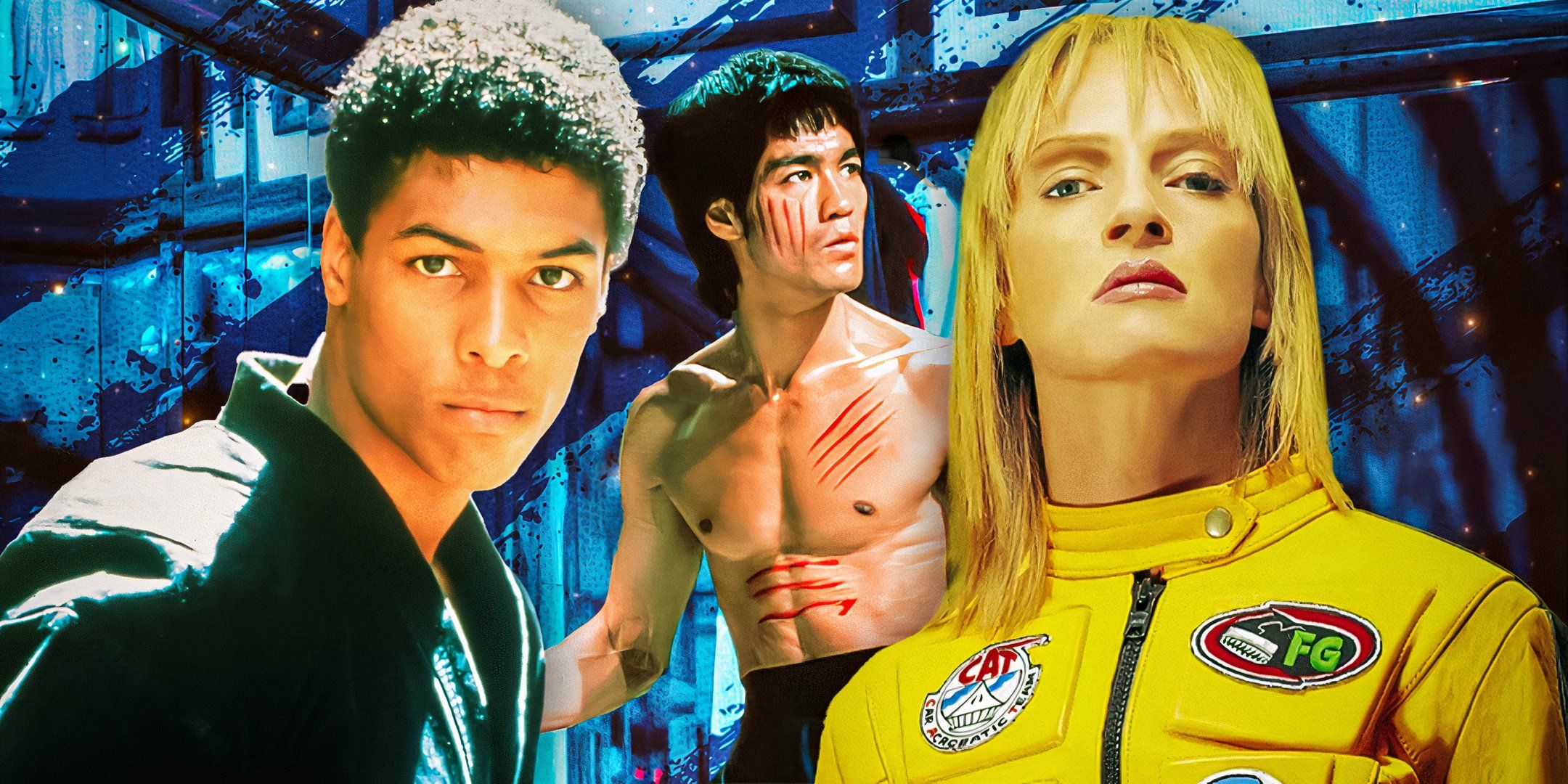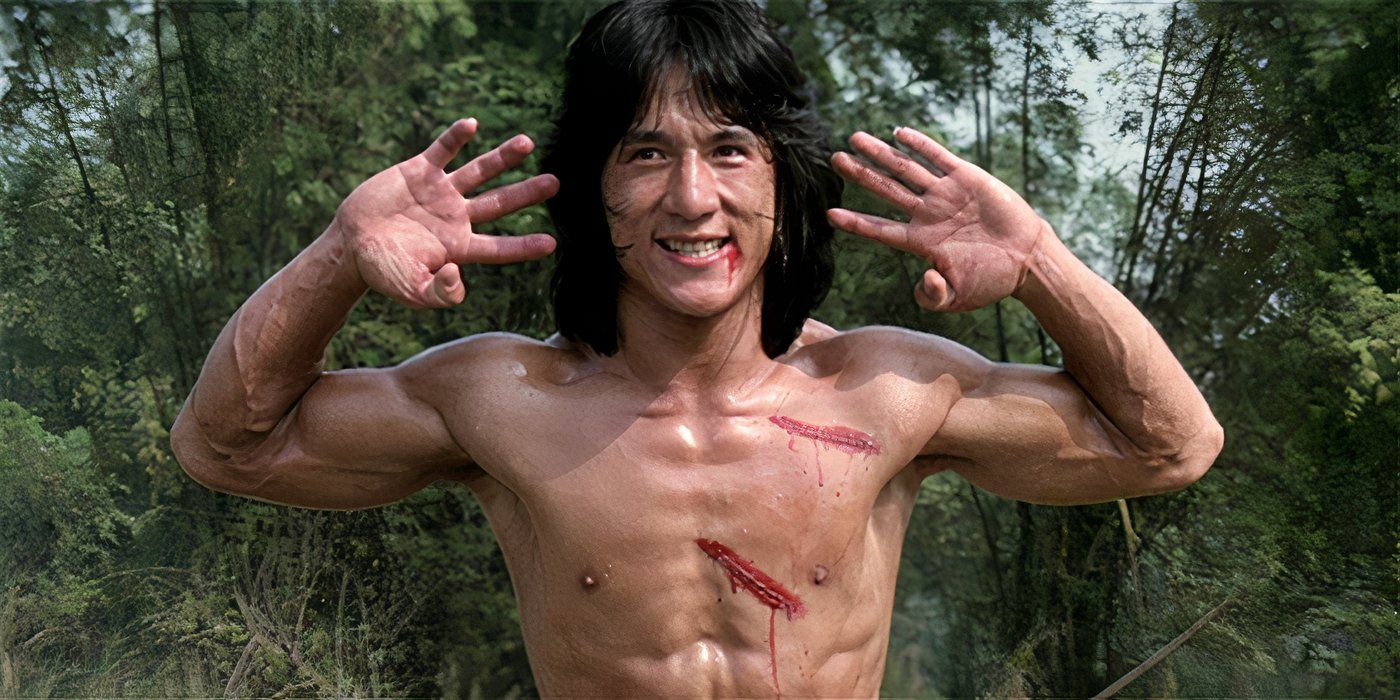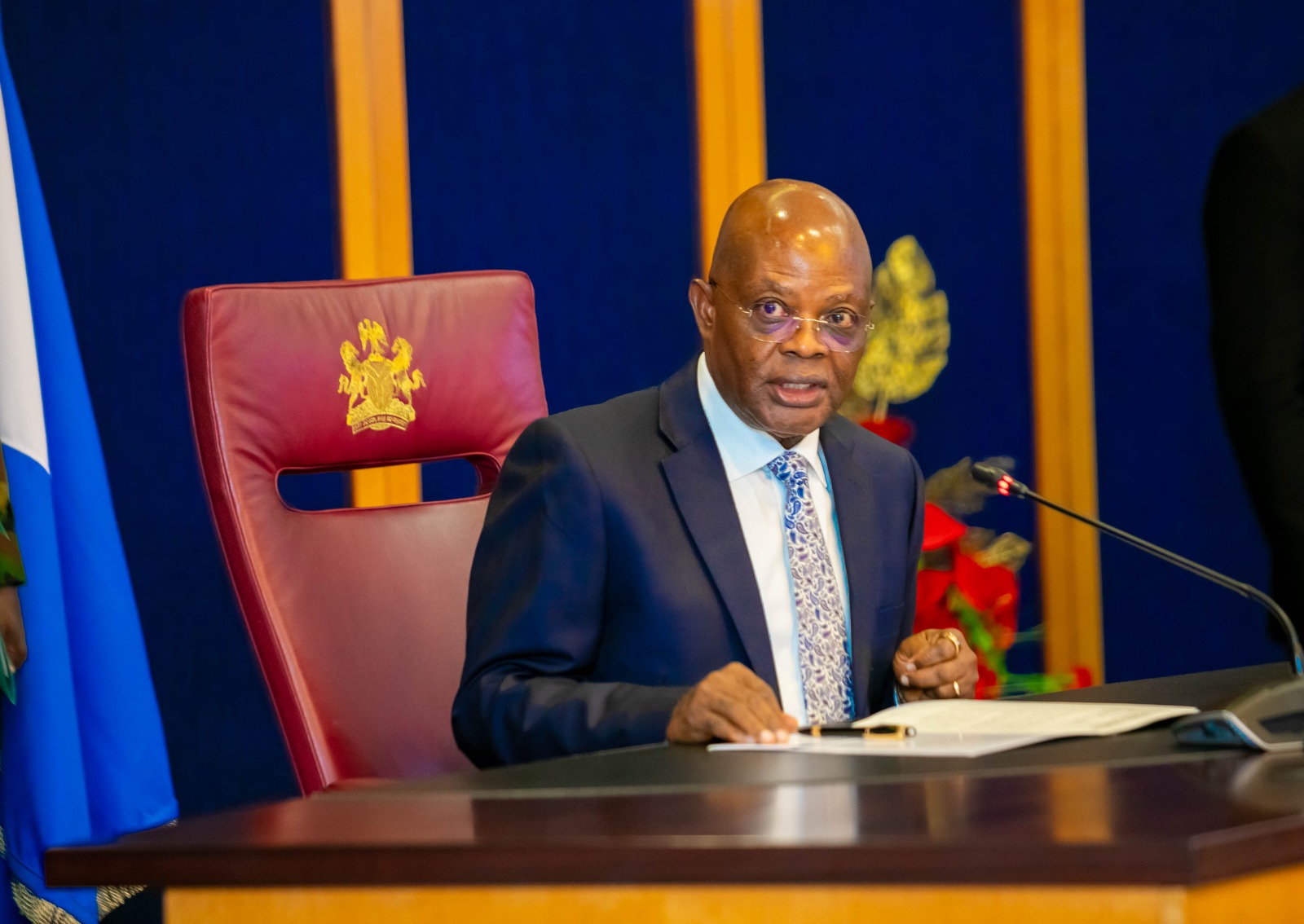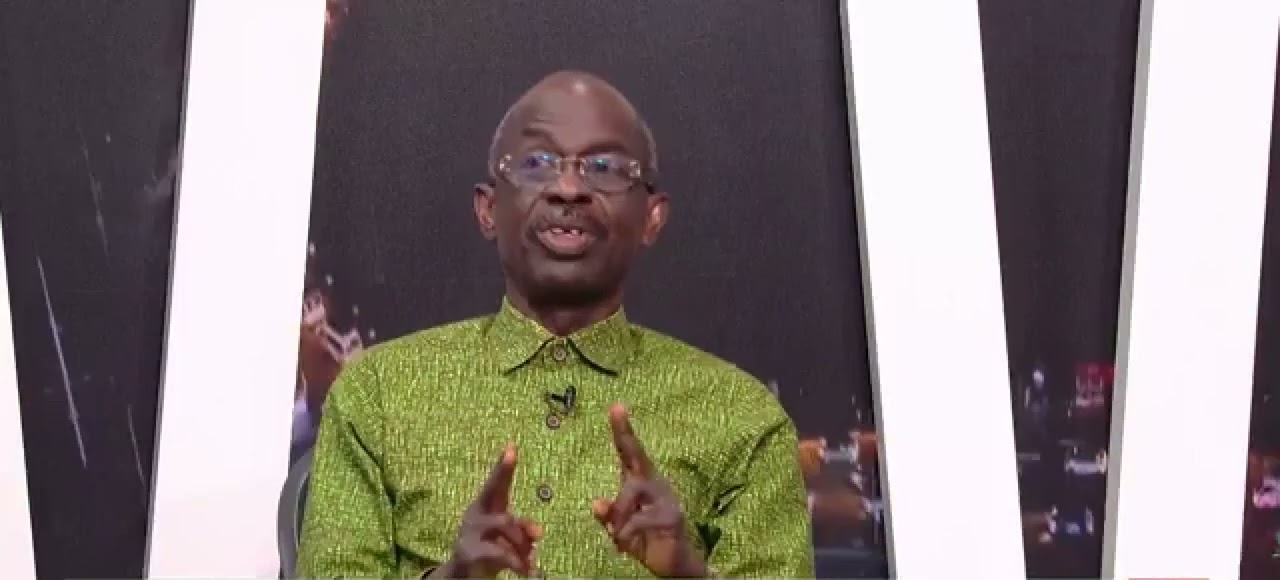The debate concerning the use of artificial intelligence in the movie industry has taken a surprising turn with nearly 100 martial arts classics, including those from and, now destined to receive AI makeovers. A major sticking point for the 2023 Hollywood strike action initiated by the Screen Actors Guild and Writers Guild of America, . With studios increasingly looking to lower production costs and maximize revenue, the role of generative AI in everything from special effects, background performances, and voice-overs is currently being placed under increasing scrutiny.
At this year’s Shanghai International Film Festival (via The Hollywood Reporter), a collection of . Dubbed the Kung Fu Movie Heritage Project 100 Classics AI Revitalization Project, the studios plan to focus on . Tian Ming, chairman of Shanghai Canxing Culture and Media, announced an initial fund of 100 million yuan ($13.9 million) and invited the world’s top AI animation companies to “start a film revolution that subverts tradition.”
The extent to which AI technology will be used to revitalize films like Lee’s 1972 classic Fist of Fury is not entirely clear, but Ming’s comments at the event indicated that the, while preserving the original storytelling. However, the original report suggests that plans for an AI-produced remake of John Woo’s 1986 A Better Tomorrow completely reimagines Chow Yun-fat’s original antihero as a cyberpunk, indicating far more changes being made than simple film print and audio enhancements.

Related
10 Martial Arts Movies That Were Inspired By Bruce Lee
Bruce Lee inspired a number of martial arts movies with his unique blend of speed, power, and philosophy that continues to shape the genre today.
With Hollywood studios already exploring the potential of leveraging AI and filmmakers cautiously navigating the ethical complexities of the technology’s rapidly evolving landscape, from all sides of the debate. Given the decidedly mixed reactions to some of Hollywood’s previous flirtations with the technology, studios will also likely be intently studying the broader response to the efforts of their Chinese filmmaking counterparts.

It is hard to speak about the place of AI technology in the film industry without giving due consideration to the myriad of ethical considerations that inherently come along with it. While it would be possible to speak at considerable length about the technology’s potential impact on livelihoods or the questionable methods in which many AI models have been trained, perhaps one of the with computer-generated simulations.
It is hard to imagine any serious appetite to have Bruce Lee’s legendary fight sequences completely replaced with an AI doppelgänger.
The chief appeal of martial arts movies has always resided in performers such as Lee and Chan executing astounding feats of martial prowess, where their bodies are essentially the main special effect on display. While audiences of the genre would probably not object to AI-backed restorations somewhat akin to Peter Jackson’s work on The Beatles: Get Back, it is hard to imagine any serious appetite to have Lee’s legendary fight sequences completely replaced with an AI doppelgänger. Put simply, martial arts fans watch martial arts movies for martial artists.
Source: The Hollywood Reporter












